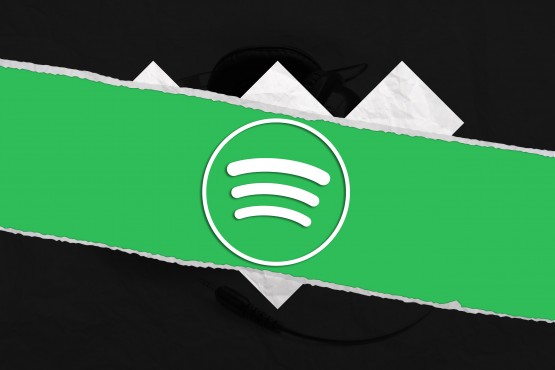In January 2013, Billboard opened a new weekly song chart that would change the direction of music indefinitely. Streaming, or listening to music from accredited services such as Spotify, Tidal, YouTube, or Soundcloud — is today’s battlefront for music industry relevancy. The more streams a song generates, the higher it climbs on the Billboard’s Hot 100 chart — leading to, in theory, more album sales and artist revenue.
Reportedly, Billboard was inspired by Baauer’s viral hit “Harlem Shake,” which garnered enough attention during its peak to drive us all mad. These viral sensations wouldn’t stand a chance against Billboard’s strict Top 100 policy before 2013, which used to depend exclusively on radio air time and sales.
We can only assume as music listeners switch off their radios in favour of (mostly) ad-free online music, the ratio that determines a song’s Billboard status will start leaning more towards streaming services.
That being said, Billboard is not the be-all and end-all of an artist’s success, but streaming is making room for a new democratization of music, and an alternative to mass downloading and illegal torrenting.
Now that Jay Z, your neighbour, and your grandma are all launching music streaming services, how are we supposed to decide where to pledge our music allegiance?
Spotify’s 60 million active users in 58 countries around the world will tell you to hop on board. The service provides free access to over 30 million songs, and you will be able to find pretty much everything you’re looking for — except for Taylor Swift, who pulled her music in favour of services with a fee: “I think there should be an inherent value placed on art. I didn’t see that happening, perception-wise, when I put my music on Spotify,” she said in an interview with Time.
For sound quality buffs, Spotify’s service offers a bitrate of 160 kbps (kilobits per second) for free users, and 320 kbps for those willing to spend 10 dollars per month for the ad-free premium package. To put that in perspective, 320 kbps is the average iTunes download quality, while 160 kbps is even lower than a Youtube audio rip.
In March 2015, a plethora of millionaire artists came together to help promote Jay Z’s new streaming service, Tidal, which he bought for a measly $56 million. The press conference was an extensive, laughable mess—artists making claims about changing music’s landscape, and even our beloved Beyoncé referring to Tidal as a “movement ,” as if the proceeds would fund social change instead of their summer yachts and haute couture.
Tidal also offers a 320 kbps premium service for 10 dollars per month, and a high-fidelity, 1411 kbps package for 20 dollars. In retrospect, Tidal is essentially the evolved version of Spotify: aesthetically pleasing and well organized, smooth transitioning from page to page, and entire tabs dedicated to up-and-coming artists. Although there is no external desktop app like Spotify’s (which mostly means you have to click pause instead of hitting the keyboard button — a true struggle), the online edition feels less cluttered, easier to navigate, and the personalized library feels generally more accessible than its competitors.
Tidal’s downfall comes with its lack of a free service. Nicki Minaj once said she would only charge her fans for how much she knows they can afford, but released two Tidal-exclusive music videos over the course of one week. Minaj is also the only artist who has released significant exclusive content through the service, which was Tidal’s initial selling point.
The press has been relentless, and the damage was done the moment Madonna straddled the press conference’s table to sign the contract. Although Tidal seems to be holding on financially, the service is doomed to fail. Amidst reports of Sony threatening to remove Beyoncé’s music from the service, Nicki Minaj’s single-handed promotion, and still no Taylor Swift, my money is on Spotify.
Editor’s note: A previous version of this article stated that Minaj was the only artist to release exclusive content on Tidal at all; in fact, Rihanna has also released an exclusive single on the service. The article has been edited to reflect this.







